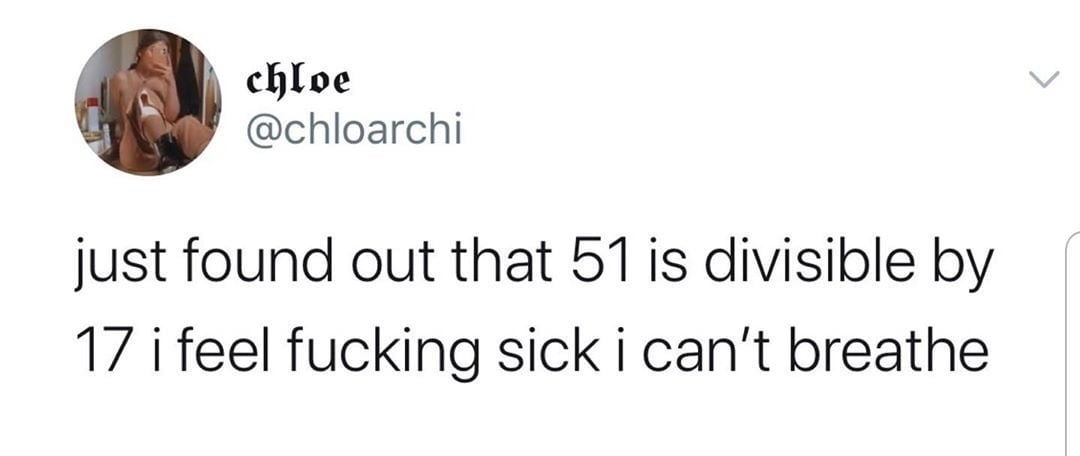this post was submitted on 08 Jan 2025
555 points (95.3% liked)
memes
17255 readers
2652 users here now
Community rules
1. Be civil
No trolling, bigotry or other insulting / annoying behaviour
2. No politics
This is non-politics community. For political memes please go to !politicalmemes@lemmy.world
3. No recent reposts
Check for reposts when posting a meme, you can only repost after 1 month
4. No bots
No bots without the express approval of the mods or the admins
5. No Spam/Ads/AI Slop
No advertisements or spam. This is an instance rule and the only way to live. We also consider AI slop to be spam in this community and is subject to removal.
A collection of some classic Lemmy memes for your enjoyment
Sister communities
- !tenforward@lemmy.world : Star Trek memes, chat and shitposts
- !lemmyshitpost@lemmy.world : Lemmy Shitposts, anything and everything goes.
- !linuxmemes@lemmy.world : Linux themed memes
- !comicstrips@lemmy.world : for those who love comic stories.
founded 2 years ago
MODERATORS
you are viewing a single comment's thread
view the rest of the comments
view the rest of the comments

What blew my mind is this. What is the sum of the infinite series
1, -1, 1, -1, ...One answer is to look at it like this:
(1 - 1) + (1 - 1) + ... = 0Another answer is to look at it like this:
1 + (-1 + 1) + (-1 + 1) + ... = 1But then it gets weirder. What if you add two of the series together like so:
1 + -1 + 1 + -1 + ...____ 1 + -1 + 1 + ...(Please ignore the underscores. They're just there because otherwise Lemmy messes up the whitespace.)
All the terms cancel out except that first 1 again. But this time it's the sum of two of these series, which means that the sum of one series is 0.5 and somehow not an integer.
The correct answer is that you're not allowed to add up infinite series like this so that's why you get contradictory results if you try.
You are actually allowed to add up infinite series like this.
Only that the infinite series have to be convergent, or else you get little of value. The series in your example oscillates forever (and the oscillation distance remains constant), therefore it diverges.
Take the infinite series
1 + 0 + 0 + 0 + ...and add it like you did:1 + 0 + 0 + 0 + 0 + ...___ 1 + 0 + 0 + 0 + ...And you just get
1 + 1 + 0 + 0 + 0 + ...which is just2 * (1 + 0 + 0 + 0 + ...)There’s a Wikipedia page about this: https://en.wikipedia.org/wiki/Grandi%27s_series
The correct answer is that the sum doesn’t have a value, but it you must assign a value to it, then 0.5 is the most correct value.
First step to find 1 + 2 + 3 + ... = -1/12